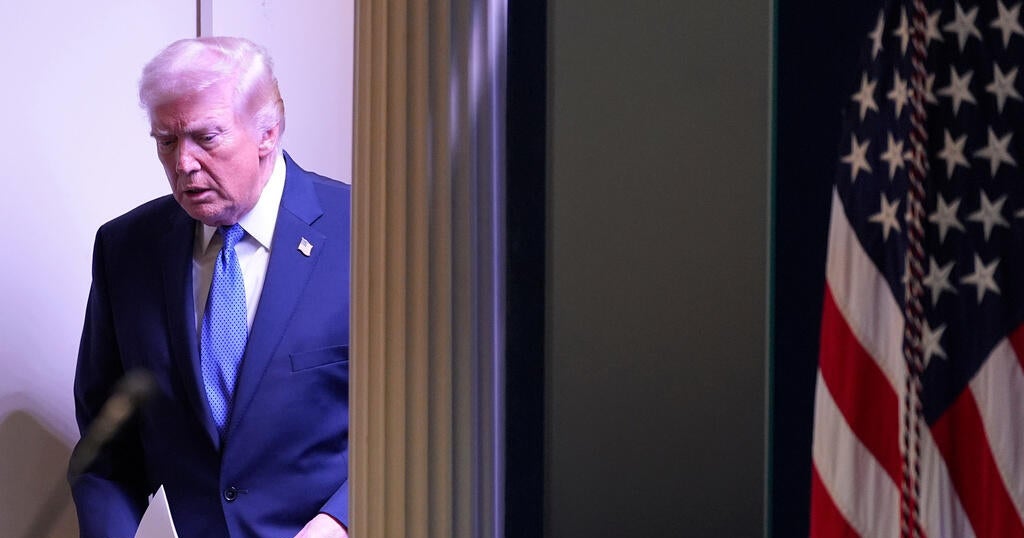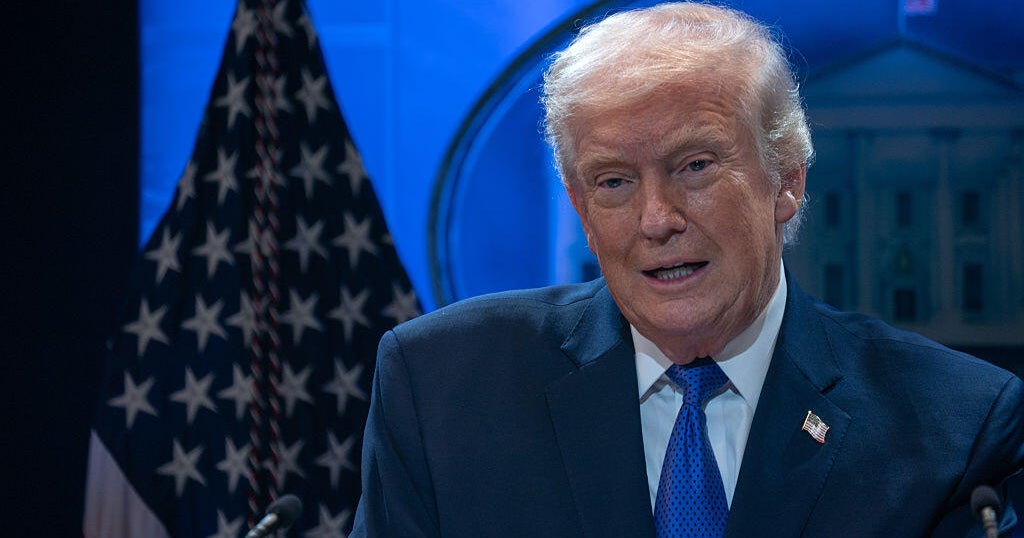Justice Department backs challengers to Hawaii's self-quarantine requirement
Washington — The Justice Department is siding with a group of Nevada and California residents who are challenging Hawaii's requirement that those entering the state self-quarantine for 14 days, arguing it effectively discriminates against out-of-state residents.
The legal challenge to Hawaii's mandate was brought by Nevada and California residents who own property in Hawaii and contend the self-quarantine requirement violates a constitutional right to interstate travel. They are asking a federal court to block enforcement of the measure.
"The Constitution does not permit the effective discrimination challenged in this case," the Justice Department wrote in its statement of interest filed Tuesday. "Although Hawaii may adopt reasonable measures to protect its residents from the COVID-19 pandemic, it cannot impose measures that 'in practical operation' discriminate against out-of-state visitors, unless the measures are substantially related to ensuring public safety."
Hawaii's mandatory 14-day self-quarantine requirement was implemented by Democratic Governor David Ige in June as part of a series of proclamations in response to the coronavirus pandemic. Under the mandate, those who enter the state are subject to the quarantine. People who travel to Hawaii to perform critical infrastructure functions also must adhere to the self-quarantine requirement, but can break quarantine to perform those functions so long as they wear protective gear and follow social distancing practices.
Visitors to the state subject to the self-quarantine requirement must confine themselves as a "designated quarantine location" and remain there before they can rent a vehicle, use ride-sharing services or engage in other activities. Those who violate the mandate face up to a year in jail and a $5,000 fine.
The Justice Department argues the requirement harms Hawaii's tourism industry, which has already been hurt by the coronavirus pandemic, and precludes out-of-state visitors who own property in the state from engaging in the same activities as Hawaii residents who have not left since the start of the outbreak.
"[I]n considering whether the effective discrimination here is sufficiently tailored, the court should not ignore the context of the COVID-19 pandemic. The Constitution does not hobble states from taking necessary, temporary measures — including quarantines — to meet a genuine emergency," the Justice Department said. "But even during a pandemic, state actions undertaken in service of the public health cannot be divorced from that end and cannot clearly infringe constitutional rights."
As the coronavirus began its rapid spread across the United States in March, many governors began issuing orders ordering businesses deemed nonessential to close, banning in-person gatherings of more than 10 people and restricting the activities of their residents in an effort to limit the number of infections.
In response to these orders, Attorney General William Barr directed the Justice Department to review state and local policies to ensure they don't infringe upon civil liberties. As a result, the department has weighed in on numerous cases challenging stay-at-home orders issued by governors nationwide, including those restricting in-person worship services.
Many states, though, have begun to ease restrictions on activities and allow businesses to accept customers again as part of phased reopenings of their economies.



